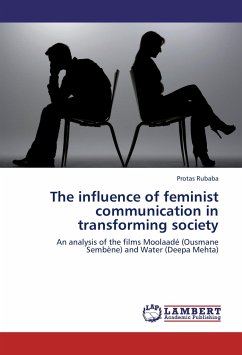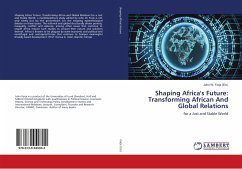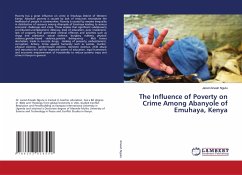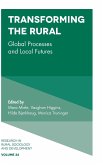This study looks at what the women, who act as feminists in the two films: Water, reflecting Indian society and Moolaadé, reflecting African society, have achieved out of their struggles to break the silence and how their voices have influenced or sensitised the silenced majority of women in their societies. Feminist communication theories have been used to analyse the female voices in the films. Although the two films are not based on any specific historical events, they are formulated from anecdotal stories that have in recent years circulated in Indian and African societies about female oppression. This has been done for the purpose of exposing the negative characteristics of patriarchal systems existing within their societies and attempt to make the voices of women heard. The films have been used to reflect a historical reality that is customary in Africa and India. The conclusion argues that in both films women have managed to transform their respective societies. However more potential to social transformation are revealed by women depicted in Moolaadé than in Water, where there is very slow pace of change.







